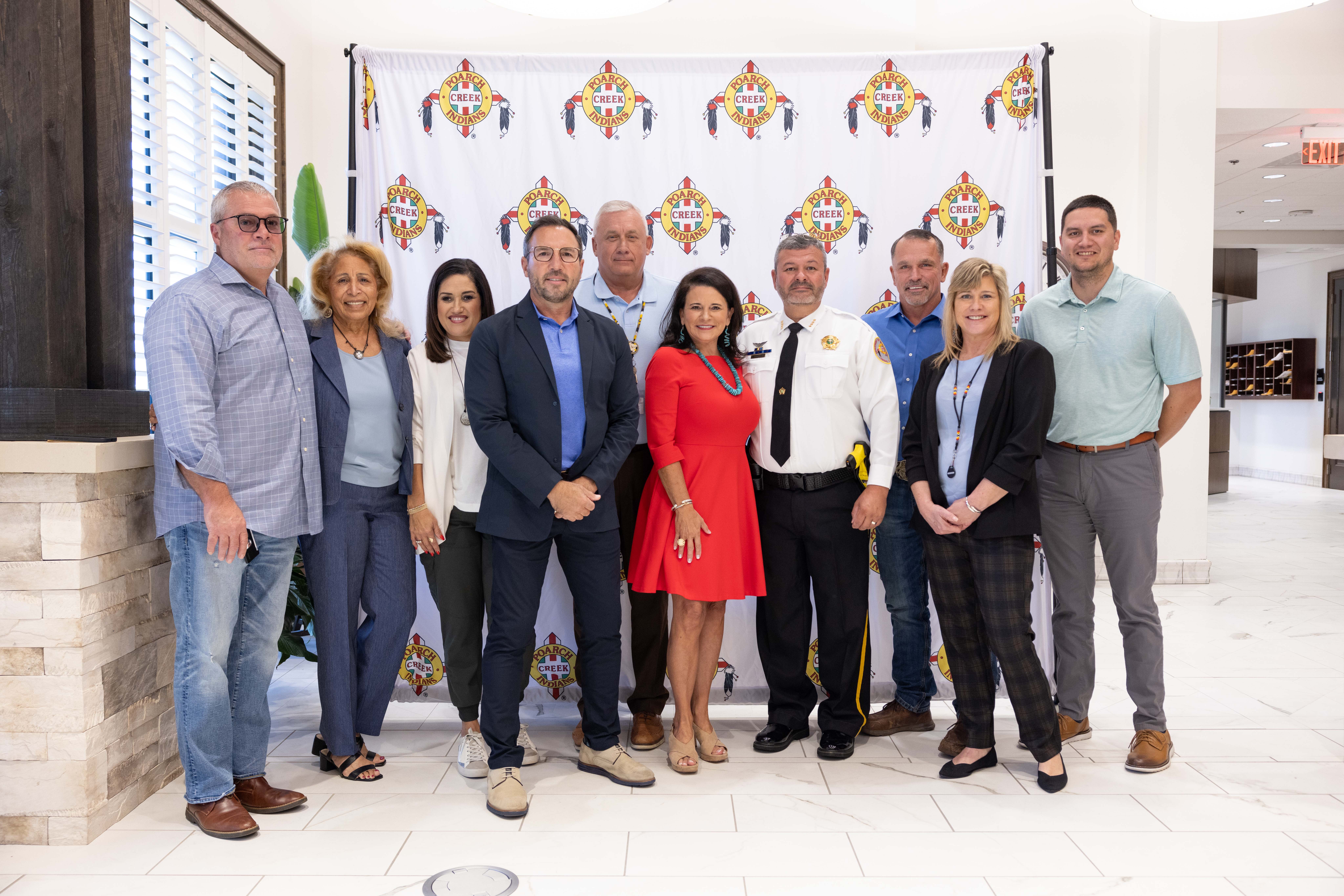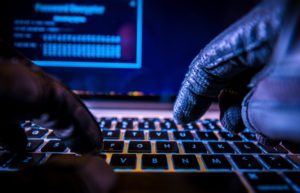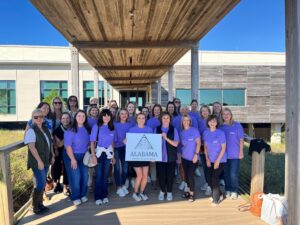On Tuesday, the Alabama Senate State voted 32 to 0 to pass legislation allowing certain highly trained social workers to diagnose mental illnesses. The bill had already passed the House of Representatives 104 to 1.
House Bill 56 (HB56) is sponsored by State Representative Frances Holk-Jones. It was carried in the Senate by State Senator Linda Coleman-Madison. HB56 has already passed the House 104 to 1.
Sen. Coleman-Madison said, “It gives me great pleasure to present this bill.”
“There is a limited number of social workers in our state,” Coleman-Madison said. “This will expand their scope of practice.”
“We need social workers in the state,” Coleman-Madison said.
“I am very supportive of the bill,” Sen. Will Barfoot said. “My Aunt is in the Social Worker Hall of Fame.”
Barfoot said that his daughter is in her final year of college to be a social worker.
“There is a huge need for social workers in our state: geriatric, veterans, in the schools, and working with mental health,” Barfoot explained.
Sen. Dan Roberts said, “I congratulate you for working on this bill.”
Rep. Holk-Jones explained to the Senate State Governmental Affairs Committee that “Alabama is currently the only state that does not allow” these highly trained social workers to diagnose mental illness.
“We are losing these social workers to other states,” Holk-Jones said. “This allows people to get diagnosed and treatment without traveling to see a medical professional.”
Sen. Coleman-Madison sponsored the Senate version of the bill, SB109, which had already passed the Senate. SB109 likely will remain in committee as the House version has already passed both Houses.
The legislation expands the scope of practice of a licensed independent clinical social worker, including the authority to diagnose and develop treatment plans. “The scope of practice does not include the diagnosis, treatment, or provision of advice to a client for problems or complaints relating to conditions outside the boundaries of the practice of social work.”
The legislation states that no individual may engage in the independent clinical practice of social work unless they satisfy all of the following:
(1) Licensed is licensed under this chapter as a licensed independent clinical social worker; and.
(2) Has a doctorate or master’s degree from a school of social work approved, accredited, or in candidacy granted by the Council on Social Work Education; and.
(3) Has had two years of full-time or three years of part-time postgraduate experience under appropriate supervision in the specified social work method or four years of full-time or five years of part-time postgraduate experience under appropriate supervision in the specialty in which the applicant will practice.
(4) Has passed an examination prepared by the board for this purpose; except that prior to the time that an examination is prepared by the board for this purpose, no person individual who otherwise meets the requirements of this section will be prohibited from engaging in the private independent practice of social work; and.
(5) Has been issued by mail a certified letter of certification stating his or her qualification for private independent practice by the board; and.
(6) Has paid an initial certification fee set by the board.
“The terms diagnose and treatment, whether considered in isolation or in conjunction with the rules of the board, may not be construed to permit the performance of any act which a licensed clinical social worker is not educated or trained to perform including, but not limited to, any of the following:
(1) Administering and interpreting psychological tests or intellectual, neuropsychological, personality, or projective instruments.
(2) Admitting any individual to a hospital for treatment of any condition that is outside the boundaries of the practice of social work, as provided in subsection (b).
(3) Treating any individual in a hospital setting without medical supervision.
(4) Prescribing medicinal drugs.
(5) Authorizing clinical laboratory procedures or radiological procedures.
(6) Using electroconvulsive therapy.
The state of Alabama has a significant shortage of mental health professionals.
Coleman-Madison said, “I am carrying this for Rep. Holk-Jones. I think this is her first bill.”
Since HB56 has been passed in both Houses in the same form, the legislation now goes to Gov. Kay Ivey for her consideration.
Tuesday was day 14 of the 2023 Alabama Regular Legislative Session.
To connect with the author of this story or to comment, email brandonmreporter@gmail.com.
Related
Share via:


![[Photo Credit: Office of Gov. Kay Ivey]](https://altoday.com/wp-content/uploads/2017/07/Kay-Ivey4.jpg)

![[Photo Credit: Shutterstock.com]](https://altoday.com/wp-content/uploads/2016/12/computer-hacking.jpg)









